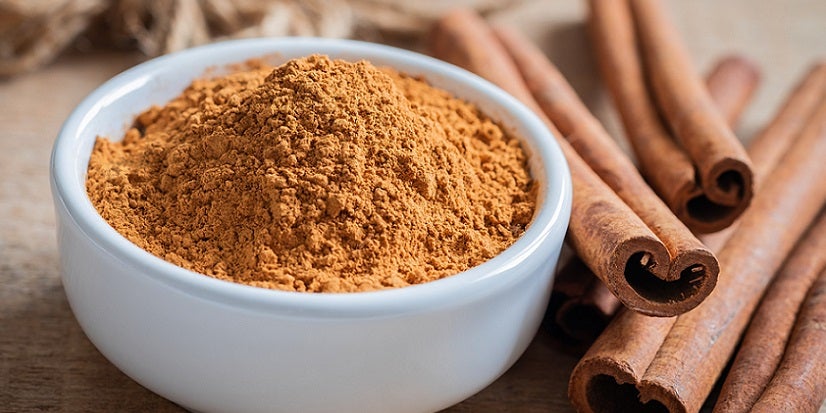
Cinnamon has been prized for its medicinal properties since as far back as 2000 BC. More recently, studies have explored its potential benefits for conditions like high blood pressure, diabetes, arthritis, and other inflammatory issues. But new research suggests this popular spice might do more harm than good when mixed with certain prescription medications.
The culprit is cinnamaldehyde, the compound that gives cinnamon its signature flavor and aroma. It activates receptors in the body that can speed up how medications are metabolized, reducing their effectiveness. This is especially concerning for people taking medications for obesity, depression, arthritis, asthma, or HIV/AIDS. Overconsumption of cinnamaldehyde may prevent drugs from being properly absorbed by the body.
Cinnamon can also interfere with blood sugar and blood pressure regulation, potentially causing unsafe drops when combined with medications like insulin or metformin. It may impact blood clotting, and in rare cases, contribute to liver damage—particularly when taken alongside drugs metabolized by the liver, such as acetaminophen, statins, or anti-seizure medications.
So how much is too much? Experts say that a light sprinkle in your food is fine, but using cinnamon as a daily supplement without medical supervision isn’t recommended. Always talk to your doctor before adding herbal supplements to your routine. Just because it’s natural doesn’t mean it’s harmless.


